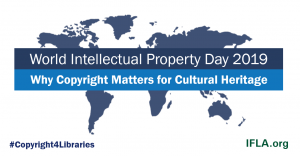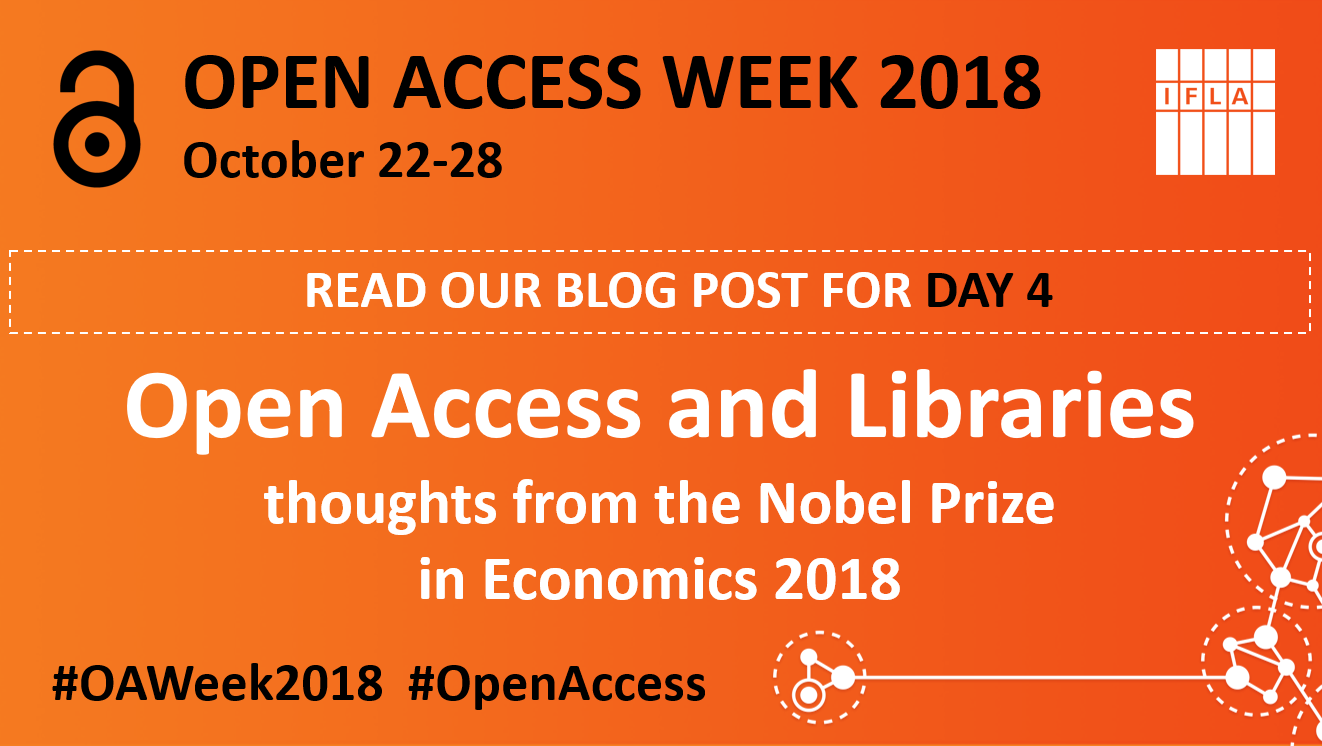Climate change, if left untackled, risks not only being felt in an an ever-more-frequent series of extreme weather events, but also in a growing pressure on our socieites.
These pressures – less land, fewer resources, higher migration – have in the past been the cause of conflict. Without action, there is a justifiable fear that this could happen again.
As the United Nations Secretary-General sets out in his introduction to this year’s International Day of Peace, this is why it is important to address climate change in order to increase the chances of peace.
For libraries, both conflict and climate change can all too easily be seen as externalities – things that happen to our institutions without any possibility to respond. It is certainly true that it is hard to forget images of roofs blown off – by winds or bombs – and collections waterlogged or burnt.
However, libraries are far from powerless. For the reasons set out in this blog, they are not victims, but rather vectors of progress, helping to tackle climate change, and so preserve peace.
Better Prepared: Supporting the Reseach that Saves Lives
Clearly a core role of libraries is to support the production of, and access to, research. It is only thanks to the possibilty for experts to draw on evidence from the past, and to work together, that we have the understanding we have today of climate change and its impacts.
Libraries have of course done this for centuries, making it possible for scientists to take the work of those who have gone before, and go further. This has happened at a giant scale in climate science.
There is also a realisation that a complete understanding of climate change will also rely on bringing research in different disciplines together. Knowing what is going on is not just a question of meteorology, environmental science or any other single field, but will require insights from many different areas.
Libraries are already looking to do this, for example through their support to public health, or in realising the potential of old travel reports and maps in showing how our world is being altered over time. Open access will facilitate this significantly, as highlighted in the UN Global Sustainable Development Report.
Through this work, governments are better able to see what action is needed in order to relieve or reduce the pressures that can lead to conflict.
Behaviour Change, not Climate Change
Of course the fact that governments know they should be doing something does not mean that they will do it. A key means of ensuring that they do – as well as of reducing the factors that can drive unrest within communities – is by acting at the local level also.
Libraries have a key role to play here also. As set out in IFLA’s paper on libraries and sustainability, two key roles of libraries are as examples and educators, building understanding of the issues among citizens, and helping them to learn how to change their own behaviour.
This can be a key trigger, and support, for government action. Meanwhile, the support the libraries provide for the development of new technologies and new ideas will feed into the creation of new businesses and new jobs in future, as well as offering new ways of carrying out more traditional professions – such as farming – in a changed world.
This complements other work that libraries carry out to create a culture of peace, as highlighted in our previous work in this area in 2017 and 2018.
Libraries, therefore, are far from powerless faced with climate change and conflict. Instead, through acting on the one, they have a real contribution to make to efforts to reduce both, and in doing so, to build a more peaceful, more sustainable world.

